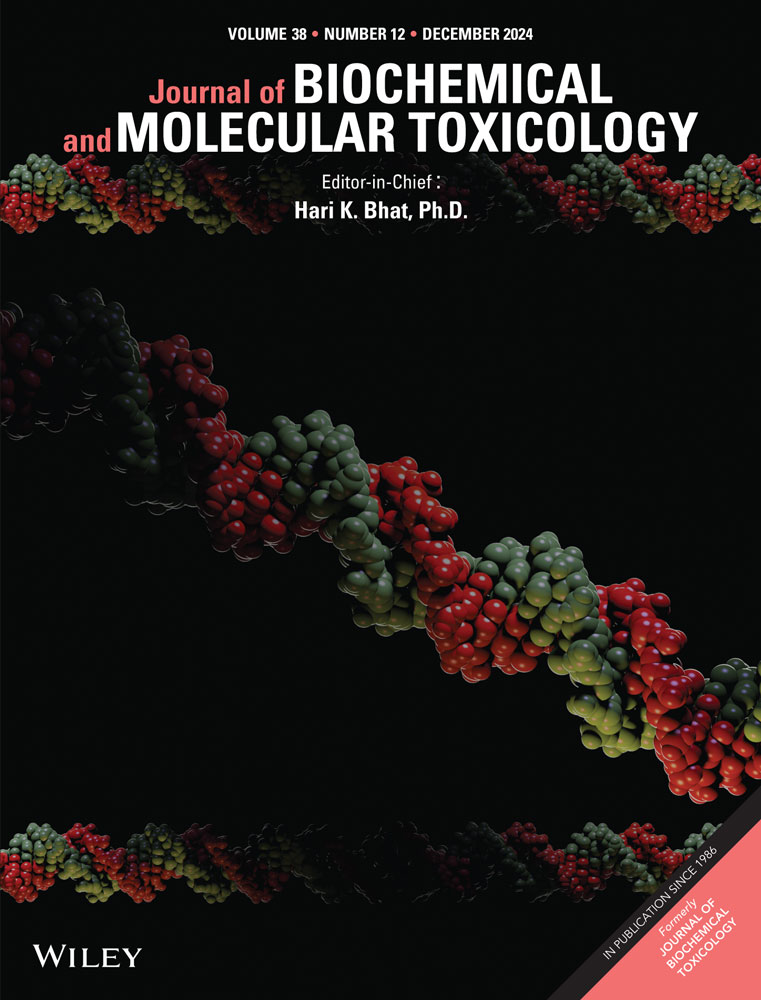SP1-Mediated Upregulation of KIF4A Promotes Prostate Cancer Progression via Targeting TWIST1
Abstract
Previous studies have found the highly expressed kinesin family member 4A (KIF4A) in various tumors, including prostate cancer. However, the role of KIF4A and its potential mechanisms in the development of prostate cancer remains unclear. Bioinformatics analysis was used to analyze the levels of KIF4A and TWIST-related protein 1 (TWIST1) based on the data from TCGA, HPA, and ENCORI databases. RT-qPCR was performed to measure the mRNA expression of KIF4A and TWIST1. The protein expression of KIF4A and specificity protein 1 (SP1) was examined through western blot analysis. CCK-8, EdU, and colony formation assay were carried out to evaluate the proliferative ability. The invasive and migrated cells were determined using the Transwell invasion assay and the wound-healing assay, respectively. EMT progress was evaluated by detecting E-cadherin and N-cadherin expression using western blot analysis. The relationship between SP1 and KIF4A was verified using ChIP and dual-luciferase reporter assay. The interaction between KIF4A and TWIST1 was confirmed through Co-IP. Animal experiments and IHC were carried out to explore the effects of KIF4A on prostate cancer mice in vivo. KIF4A was increased in prostate cancer tissues and cells, and KIF4A knockdown suppressed the proliferative, invaded, and migrated abilities, as well as EMT in DU145 and PC3 cells. The inhibition effects of SP1 knockdown on cell proliferation, invasion, migration, and EMT were harbored by overexpressing KIF4A. TWIST1 was elevated in prostate cancer and positively regulated by KIF4A. TWIST1 upregulation reversed the repressive impacts of KIF4A downregulation on prostate cancer progression. In addition, in vivo experiments and IHC assay indicated that KIF4A depletion inhibited tumor growth and EMT in mice. Our findings suggested that SP1 activated KIF4A to regulate TWIST1 expression, thereby promoting the development of prostate cancer.


 求助内容:
求助内容: 应助结果提醒方式:
应助结果提醒方式:


